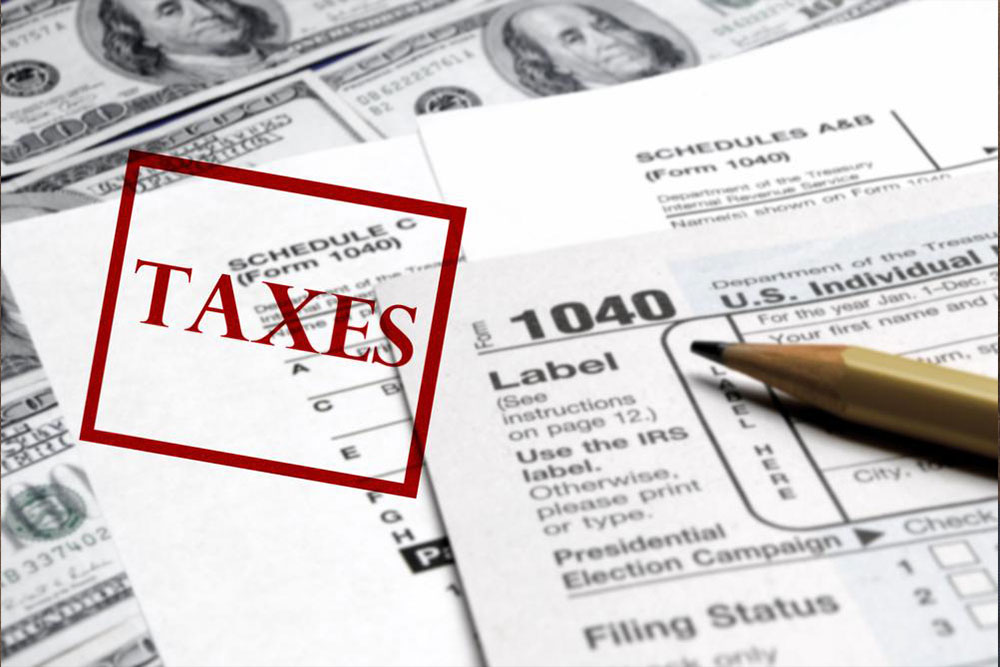A Comprehensive Guide to Income Tax Refund Advances: What You Need to Know
This comprehensive guide explains income tax refund advances, highlighting how they work, eligibility criteria, costs, and considerations. Perfect for taxpayers needing urgent funds, it offers insights into the benefits and potential drawbacks of accessing refunds early. Understand the process, costs, and best practices to make informed financial decisions during tax season.

A Comprehensive Guide to Income Tax Refund Advances: What You Need to Know
Understanding Refund Advances and Their Functionality
Refund advances act as short-term financing options that allow taxpayers to access part of their anticipated tax refunds before the IRS finalizes and disburses the actual refund. Typically offered by major tax firms such as H&R Block, TurboTax, and others, these advances are based on an estimated refund amount derived from your tax return data. Depending on the company's policy and your financial details, the entire expected refund or just a portion of it may be eligible for an early disbursement.
The Mechanics of Refund Advances
When you opt for a refund advance, the process involves several key steps. First, you must file your taxes through a partnering tax preparation service that offers these advances. Once your return is filed and processed, the company assesses your eligibility based on various factors, including your expected refund amount, prior refund history, and identity verification. If approved, the funds are typically provided via a prepaid debit card or direct deposit to your bank account, with the amount being a loan that you agree to repay once your IRS refund is received. The repayment is automatically deducted from the IRS deposit, simplifying the process.
Who Qualifies for Refund Advances and Associated Costs
Eligibility criteria for refund advances are generally straightforward but may vary by provider. Most companies require that you file your taxes with them, and approval is often contingent upon verifying your identity and assessing your refund expectations. Interestingly, some refund advances are offered without interest charges, functioning as interest-free loans, but it’s crucial to understand that these are technically credit products. The advance amount might be limited based on your expected refund, and in some cases, additional fees for tax preparation or filing services may reduce your net refund. It's essential to read the terms carefully to understand any costs involved.
Limitations and Important Considerations
Refund advances are generally restricted to customers who file their taxes through specific participating providers.
The maximum advance amount is often capped, typically representing a percentage of your estimated refund.
Additional charges, such as tax preparation fees, can eat into your actual refund amount.
Refund advances are subject to approval, which depends on the accuracy of your tax data and your financial standing.
Pros and Cons of Choosing a Refund Advance
For taxpayers facing urgent financial needs, refund advances offer a valuable solution by providing quick access to funds. However, they are not without drawbacks. The total amount you receive may be less than your full expected refund after fees and costs are deducted. Moreover, if your refund is delayed or reduced, you might owe interest or fees, making this option more costly than waiting for the IRS deposit, which typically arrives in 21 days.
Tips for Smart Use of Refund Advances
If you decide that a refund advance fits your needs, consider the following tips:
File your taxes early — the sooner you submit, the earlier you can access funds if approved.
Ensure your tax return is accurate to avoid delays or reductions in your refund.
Opt for e-filing and direct deposit to expedite the process.
Carefully review all terms and conditions, including fees and repayment procedures.
Explore alternative options such as personal savings or short-term loans if the advance costs outweigh benefits.
In summary, income tax refund advances can be an advantageous tool for those in need of quick cash during tax season. However, understanding the terms, costs, and eligibility requirements is crucial before opting in. When used responsibly, this financial option can alleviate temporary financial stress, but for those who prefer to avoid additional costs, waiting for the IRS refund remains a safer choice.





